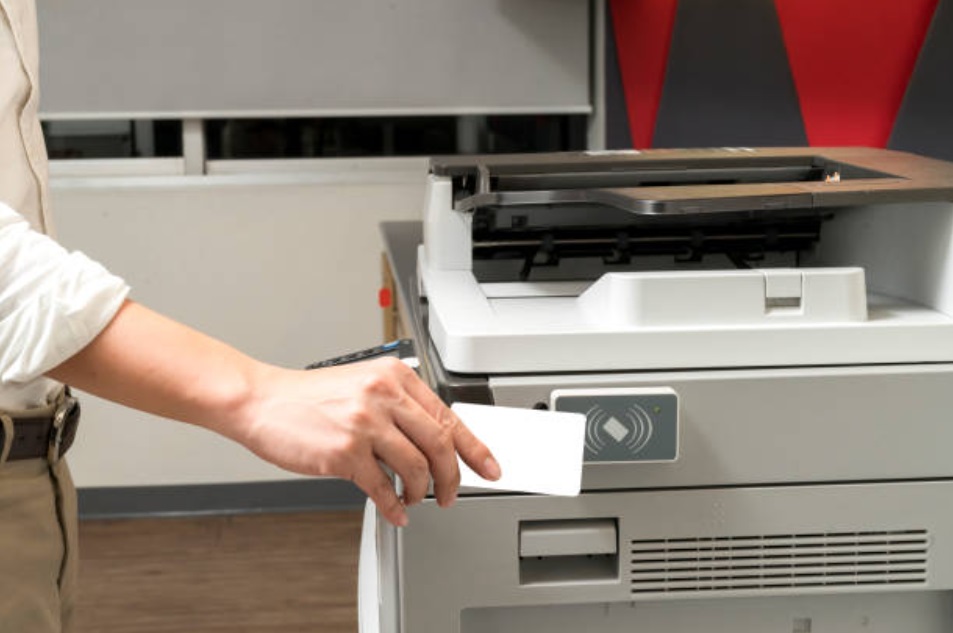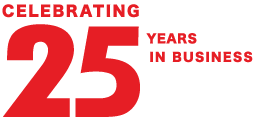
In today’s digital landscape, cybersecurity efforts often prioritize computers, networks, and cloud services. However, there’s one critical area that is frequently overlooked: the security of office equipment, especially office photocopiers. Modern photocopiers are no longer just simple machines for copying documents; they are advanced devices embedded within office networks, handling tasks like scanning, printing, and even emailing. While these capabilities enhance efficiency, they also introduce substantial security vulnerabilities. Here’s why photocopier security features are essential in safeguarding your organization.
Photocopiers Security Features
1. Photocopiers as Networked Devices
Today’s photocopiers function much like computers, integrated directly into office networks. This allows users to print from their desks, scan directly to emails, or save files to cloud storage. However, if compromised, these networked devices can serve as entry points to your entire network. Cybercriminals could use an unsecured photocopier to gain unauthorized access to sensitive data or as a platform for launching wider cyberattacks.
2. Data Storage and Retention Risks
Most modern photocopiers have internal storage, retaining copies of scanned or printed documents. This feature is convenient, enabling users to reprint files without re-scanning. But it also means sensitive documents, like financial records or personal information, may be stored on the device. Without robust security measures, this data is vulnerable to unauthorized access or retrieval, potentially putting your business at risk.
3. Protecting Against Unauthorized Use
Without security controls, unauthorized individuals may access a photocopier, potentially misusing it to print or copy confidential documents. Security features such as user authentication, access controls, and activity logging are key to mitigating this risk. Requiring logins ensures that only authorized personnel can use the copier and access its stored data, preventing unauthorized use.
4. Adhering to Data Protection Regulations
Regulations like the General Data Protection Regulation (GDPR) in the EU and the California Consumer Privacy Act (CCPA) in the United States require organizations to secure personal data. Photocopiers, as devices that process substantial amounts of sensitive data, must be included in your organization’s data protection policies. Implementing security features on these devices is vital for compliance, helping to avoid fines and protect your organization’s reputation.
5. Preventing Data Leaks and Safeguarding Intellectual Property
Sensitive information—contracts, proprietary research, and business plans—often passes through photocopiers. An unsecured photocopier can lead to data leaks and intellectual property theft. Security features like data encryption (both in transit and at rest) and secure deletion of stored data are essential in mitigating these risks, protecting your organization’s most valuable assets.
6. Minimizing Cyberattack Risks
Photocopiers are increasingly becoming targets for cybercriminals. Once inside the network, attackers could launch ransomware, exfiltrate data, and more. Security measures such as regular firmware updates, secure boot processes, and network security settings help prevent cyberattacks, keeping the device resilient against emerging vulnerabilities.
7. Secure End-of-Life Processes
When it’s time to replace a photocopier, any data stored on its hard drive can remain a significant security risk if not properly erased. Secure data wiping and destruction are crucial in ensuring that no sensitive information remains accessible after decommissioning. Many modern photocopiers offer features for secure data deletion, protecting data integrity throughout the device’s lifecycle.
Conclusion
In a world where data breaches and cyberattacks are increasing, securing every networked device is paramount. Photocopiers, often an afterthought in security planning, are key to protecting sensitive information within your organization. Investing in devices with comprehensive security features and integrating them into your cybersecurity strategy safeguards against data breaches, compliance risks, and other security challenges.
By prioritizing photocopier security, you not only protect your business but also maintain trust with clients and stakeholders, reinforcing the critical role of robust security measures in the modern workplace. At DDS, we are here to help you choose the right devices and implement security protocols that meet the demands of today’s digital world. With the advantage of the Canon copiers being multiple award winners for having the industry’s leading security features there is no better option.



